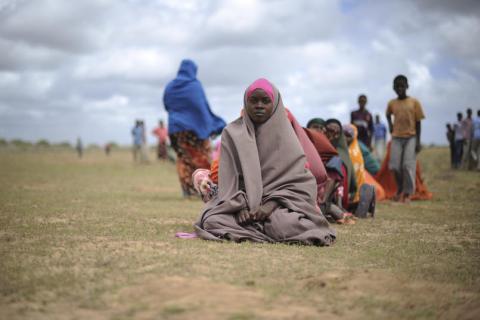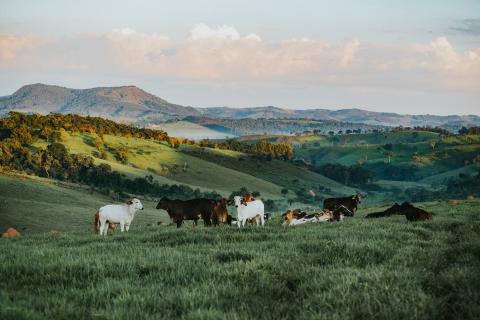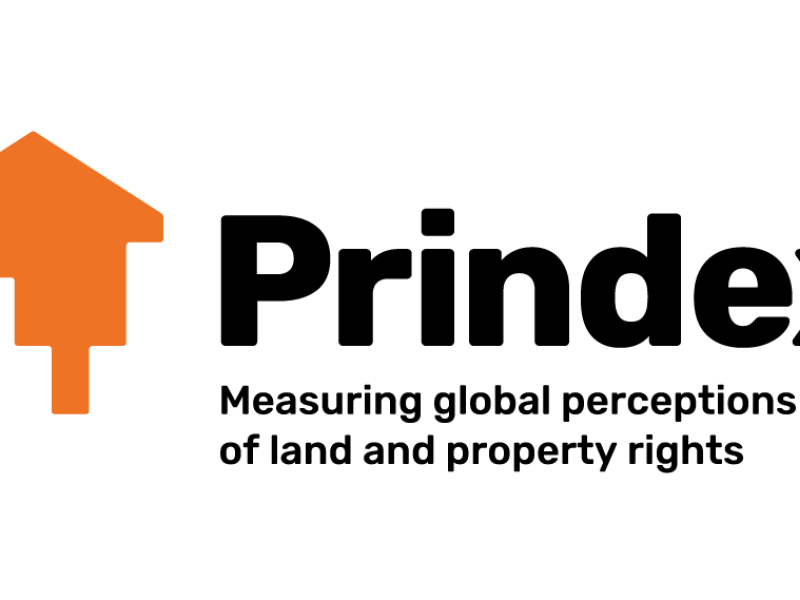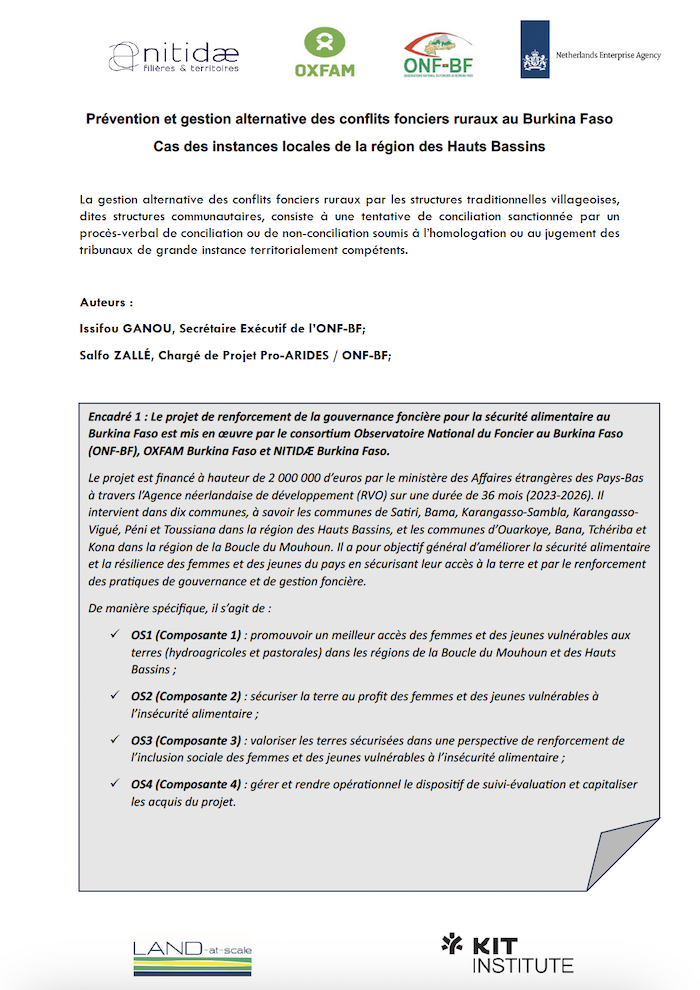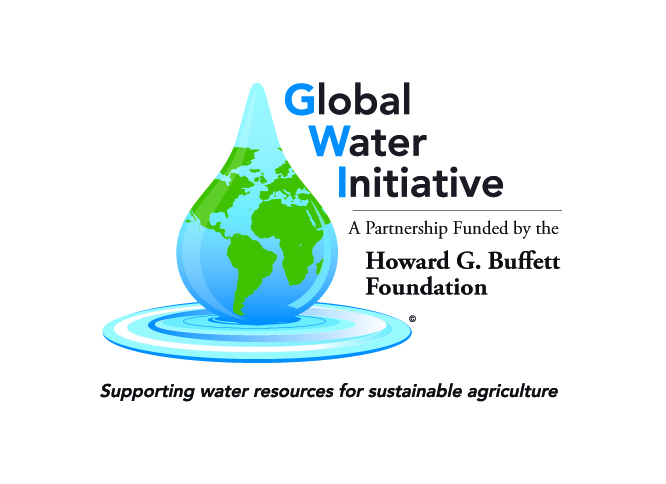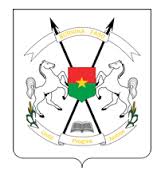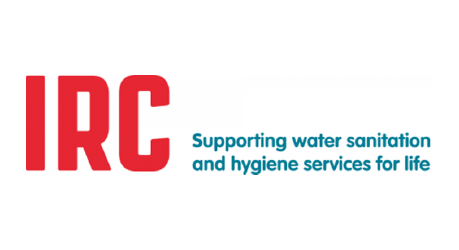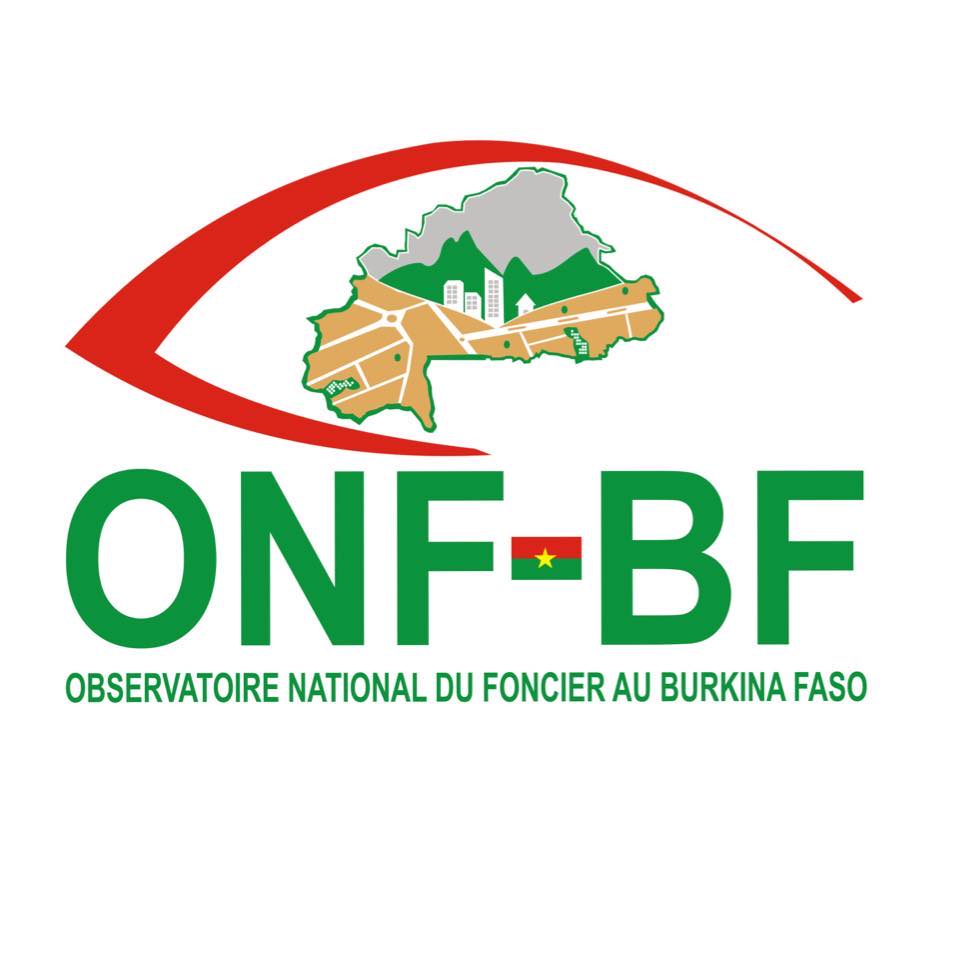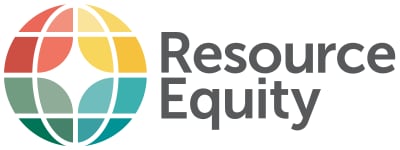Burkina Faso is a landlocked country in West Africa whose economy is heavily dependent on the primary sector. Cotton production traditionally represented the country's economic engine, but the sector has been in some decline in recent years.
Socio-economic indicators
browse all
Land Area
27,360,000 ha
GDP/Capita
2,179.8 USD
Total population
22,100,700
Urban population
29.4 %
Land-related indicators
browse all
Agricultural land
44.2 %
Perceived tenure security
54.5 %
Women owning land
4.1 %
NewsBrowse all
04 January 2024
Photo ID 557871 UN Photo/Tobin Jones (CC BY-NC-ND 2.0 DEED)
Are you passionate about upholding Indigenous Peoples and Local Communities (IP&LC) rights and supporting the protection of forests and biodiversity and the governance of IPLC land and forests in the African continent?
Do you have…
30 January 2023
NELGA has put out nine country profiles about South Sudan, South Africa, Nigeria, Niger, Burkina Faso, Ethiopia, Tunisia, Egypt, and Mauritania. These profiles give information about pastoralism and small-scale agriculture in these countries. Through research on the current state of land governance…
13 July 2022
The Sahel – a 5,000km long strip of the African continent stretching from the Atlantic coast to the Red Sea – has become the most neglected and conflict-ridden part of the planet. Millions of people have been displaced in the region. Mass murders and property destruction occur almost daily.…
Burkina Faso has a long tradition of artisanal gold panning, which began even before colonization, at least since the 15th century.
BlogsBrowse all
07 December 2023
In a 2009 TED Talk with over 35 million views, Nigerian novelist Chimamanda Ngozi Adichie speaks about the danger of a single story and the simplifications that they promote. Her observations are highly pertinent in the case of the Sahel. Persistent single stories in the media and the…
EventsBrowse all
Around the world, insecure property rights prevent families from feeling confident about the future, businesses from investing, and communities from becoming more productive. Hundreds of millions of us lack property security. This makes the world poorer, less free, and less just.
There is a growing…
LibraryBrowse all

